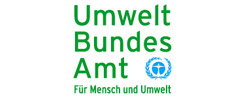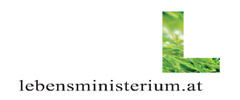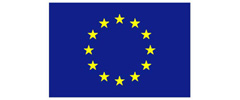WECF criticises EU's ratification package on the Minamata Convention on Mercury
WECF has signed an open letter, addressed to the EU Commission, highlighting the weaknesses and shortcomings of its drafted ratification proposal of the Minamata Convention on Mercury.
29.02.2016 |
The Minamata Convention is a global treaty aiming at protecting our health and the environment from the adverse effects of mercury. The Convention was originally signed in 2013 by more than 90 countries, including the EU as a body along with 23 of its member states. Today 128 countries, including 27 EU member states, have signed the Convention. At least 50 states needs to ratify the Convention for it to enter into force. Currently, there are no EU member states among the 23 states that have already ratified the Convention. On February 2, 2016, the European Commission published a draft proposal for the ratification of the treaty, which is yet to be agreed upon by the European Parliament and its member states.
Available scientific information shows that mercury usage has huge negative impacts on our health and the environment; specifically within the dental industry, where dental amalgam fillings expose us directly to mercury. These fillings also pose a danger to the environment as the mercury is often not disposed of properly; thus it leaks out into the water and ends up on waste dumps. The EU is the largest consumer of dental mercury in the world and a quarter of the consumed mercury is used by the dental industry.
Despite of these negative impacts, the EU only plans to phase down the mercury usage, instead of phasing it out. The Commissionís ratification proposal does not restrict the use of mercury in dental amalgam at all, thus the toxic impact of mercury on the environment and our health is likely to stay unchanged.
The WECF, together with the organisations whom have signed the open letter, therefore urge the European Commission to alter the ratification proposal of the treaty so as to ban the dental use of mercury.
The open letter can be downloaded here.


































